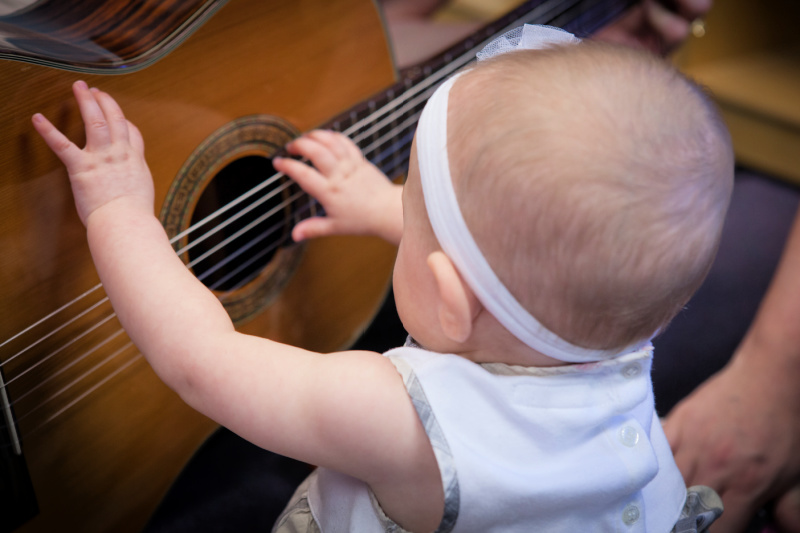An Investment in Quality Time
As parents and caregivers, we are always looking for activities to do with our children that are fun and enriching! With all of the demands facing today’s families, it can be difficult to take time out of our busy schedules for fun, but it truly is an investment that will pay off!
One mom, Christina LaRock, who has taken our Sprouting Melodies® classes with her daughter, faced the same questions as many moms do. What can I do with my child that will be fun and rewarding for us both? Of her experience at Sprouting Melodies, Christina says “If Sprouting Melodies were a financial vehicle for investments, your ‘return on investment’ would be a sure thing, a true win!”
Sprouting Melodies® is a unique program offered by Roman Music Therapists for children and their caregivers, ages 0-5. With Board Certified Music Therapists leading classes, Sprouting Melodies® focuses to create child-centered musical experiences that integrate what they know about young children, development and music!
An Investment in Connections
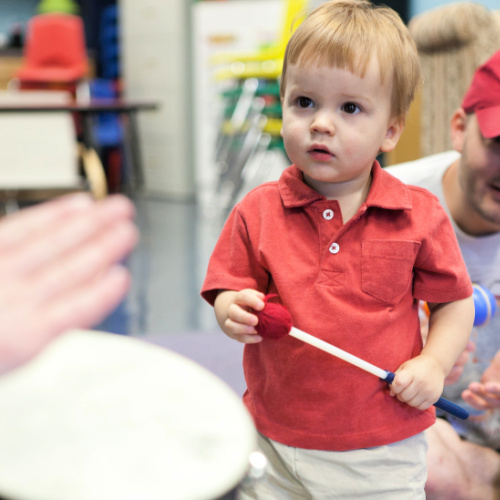
What makes Sprouting Melodies® stand out is not only our focus on children and their expression through music, but the connections they are making with their caregivers and peers. Christina has seen the rewards of that connection. She says,
“When my daughter — who was 22 months old at the time — and I attended a Sprouting Melodies® class, I thought it was going to be a fun way to engage my daughter in music and movement. More than enough reason to go! It sure was fun! What I hadn’t anticipated was that the benefits to her would be much, much more than that!”
Reaping the Rewards
Christina experienced firsthand how the classes stimulate and enhance musical, social, physical, and emotional growth and development. She says that her daughter “learned in more meaningful ways what cooperative play is, how to share and take turns more effectively, how to use music as a vehicle to express her emotions. She also gained confidence and self-esteem by being in and sharing the spotlight, exploring different instruments and building an authentic, caring relationship with our Sprouting Melodies leader, Laura!
What distinguishes our Sprouting Melodies® Providers from others is their expertise in music therapy and special training in early childhood development. Our team is uniquely qualified to accommodate the needs of individual children within groups. They also strive to teach parents how music can strengthen bonds, engage cooperation and transform situations within the family.
Christina says, “If that wasn’t enough, what was even more amazing was how I, and my whole family, benefited from what we learned organically through Sprouting Melodies. All the while having a lot of fun! I learned songs to help ease those times when frustration would get the better of me (or my daughter). I learned how that not just listening to music — but making music –sparked a curiosity in musical instruments, patterns and body awareness in my daughter that has provided hours of fun at home together! And, in making music alongside my daughter, I had fun and met other local parents. To this very day, I sing the songs with my daughter that not only are fun & silly but truly help me be a better parent!”
Lessons That Stick
The investment of music is one that lasts. Christina finishes, “I asked my daughter, who just turned 5 years old, what her favorite memory of Sprouting Melodies is. She gave me a huge smile and ran to get her ukulele. Without missing a beat, she started singing “oh gather round, come and sing with me”. The music and the lessons remain … we’re still reaping the benefits!”
Roman Music Therapy Services has been providing Sprouting Melodies® classes to area families for a multitude of years. Many parents and families have made connections with one another through the classes they attended.
Explore and register for our latest Sprouting Melodies class offerings here! Please contact us if you have any additional questions.

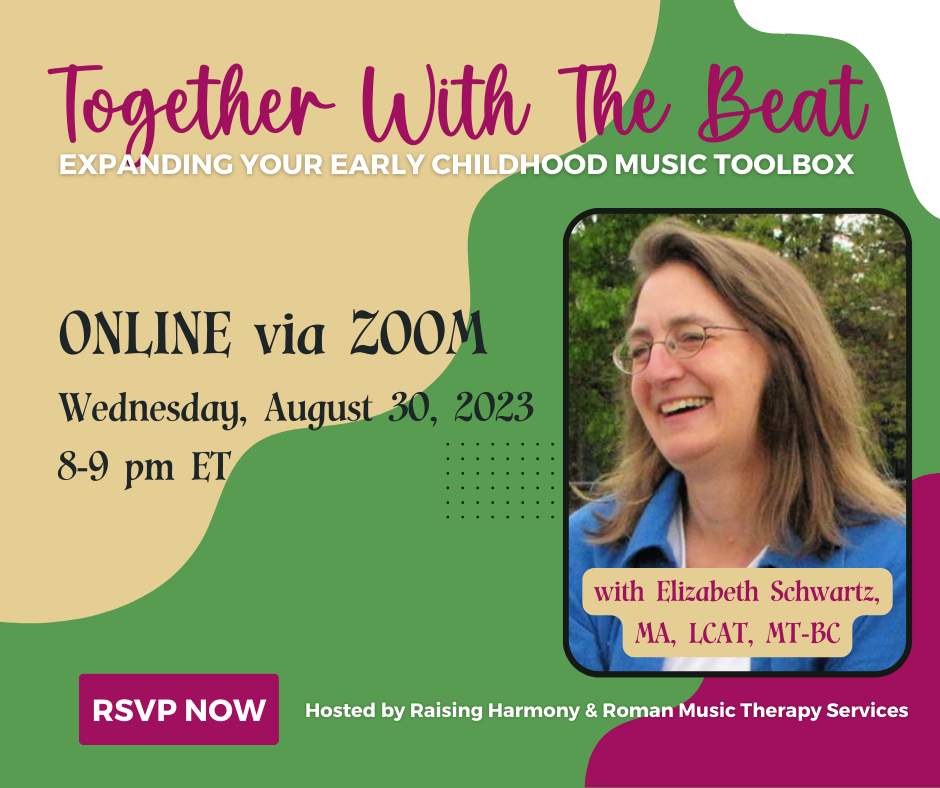
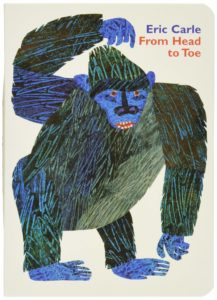
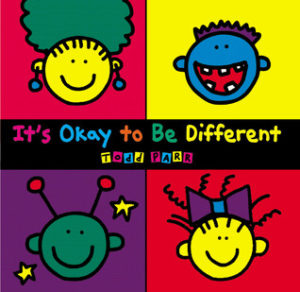 It’s Okay To Be Different
It’s Okay To Be Different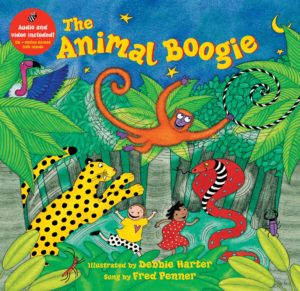
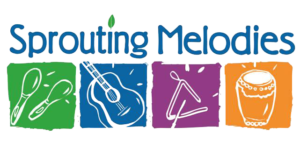
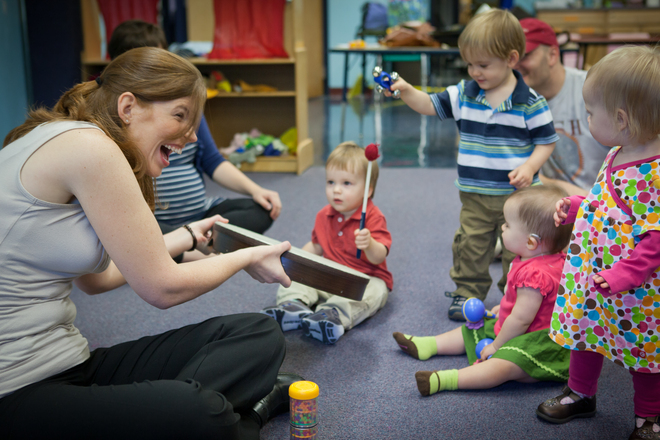
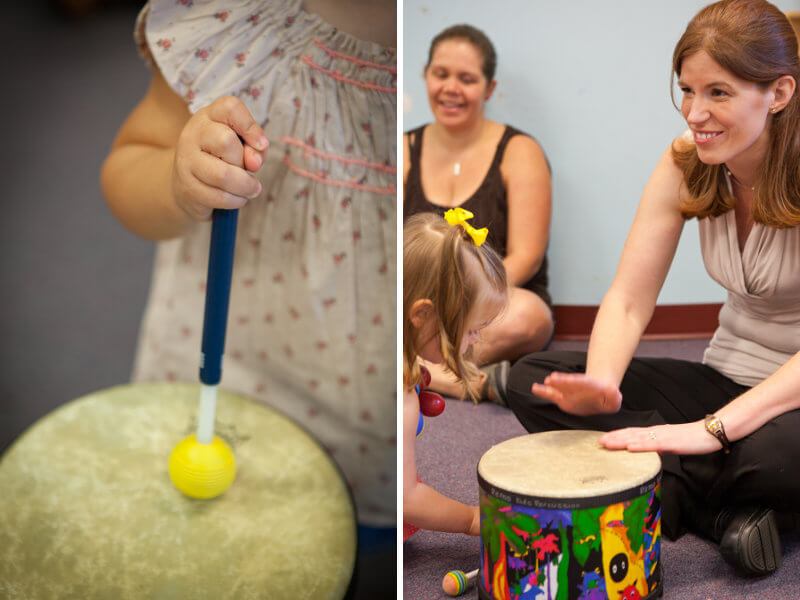
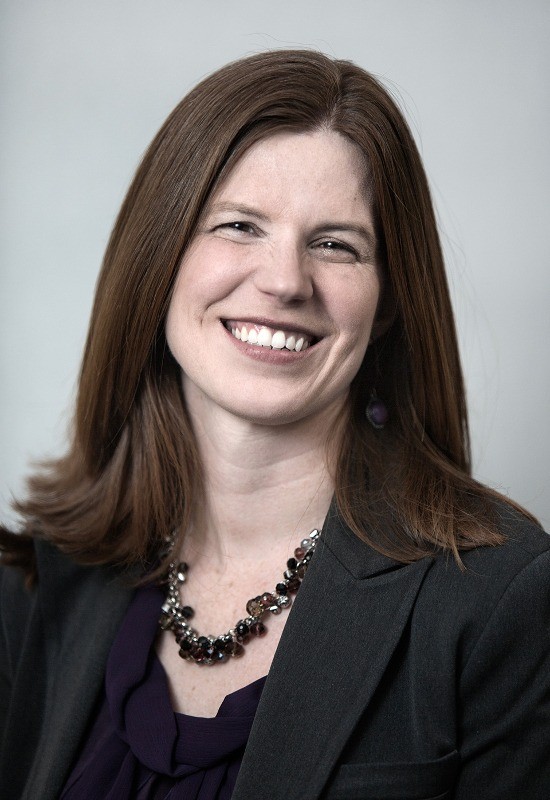
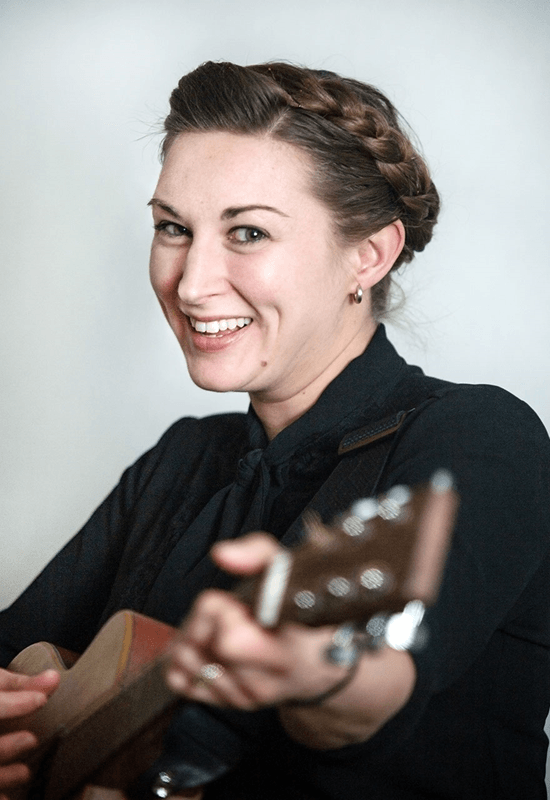

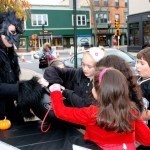

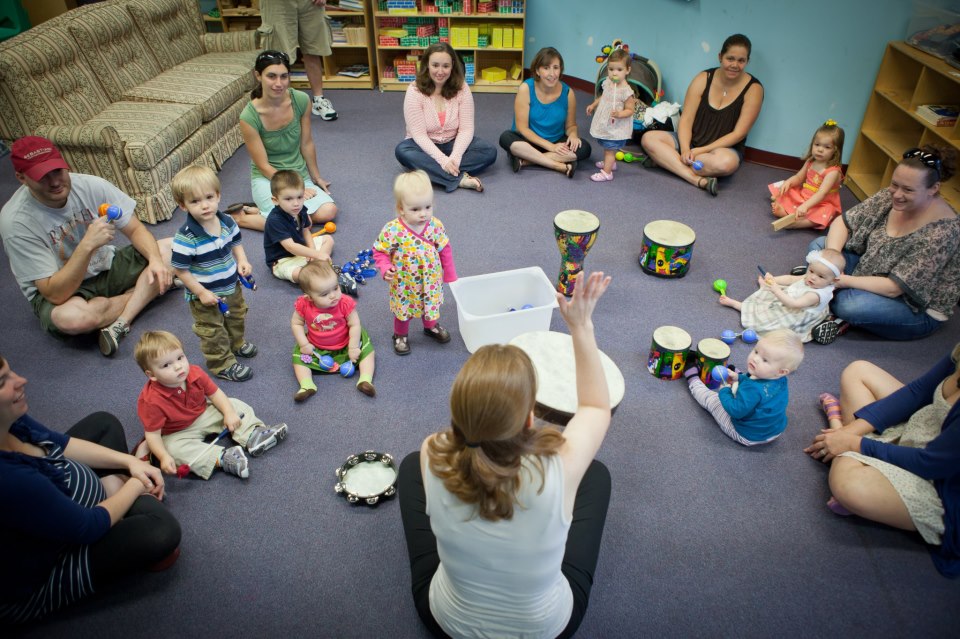
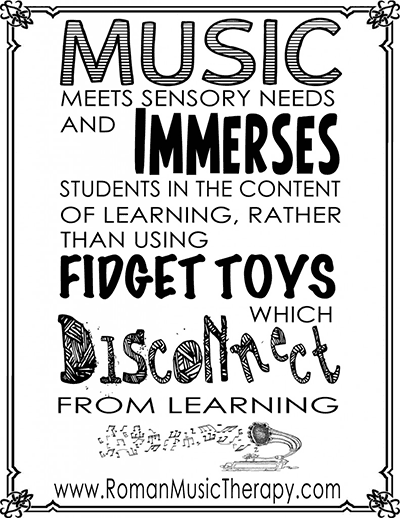
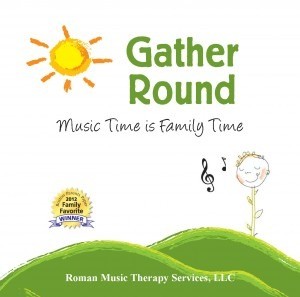 Gather Round: Music Time is Family Time
Gather Round: Music Time is Family Time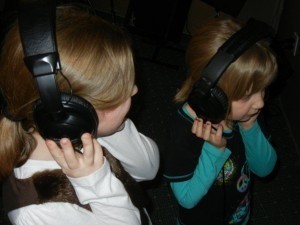
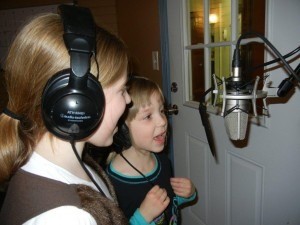
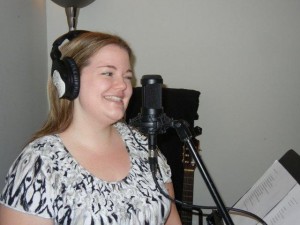
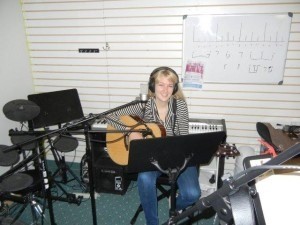
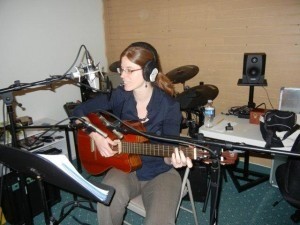
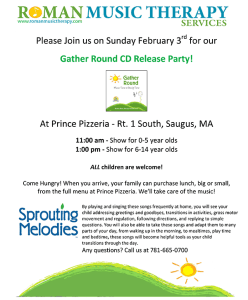 Come to our CD Release Party!
Come to our CD Release Party!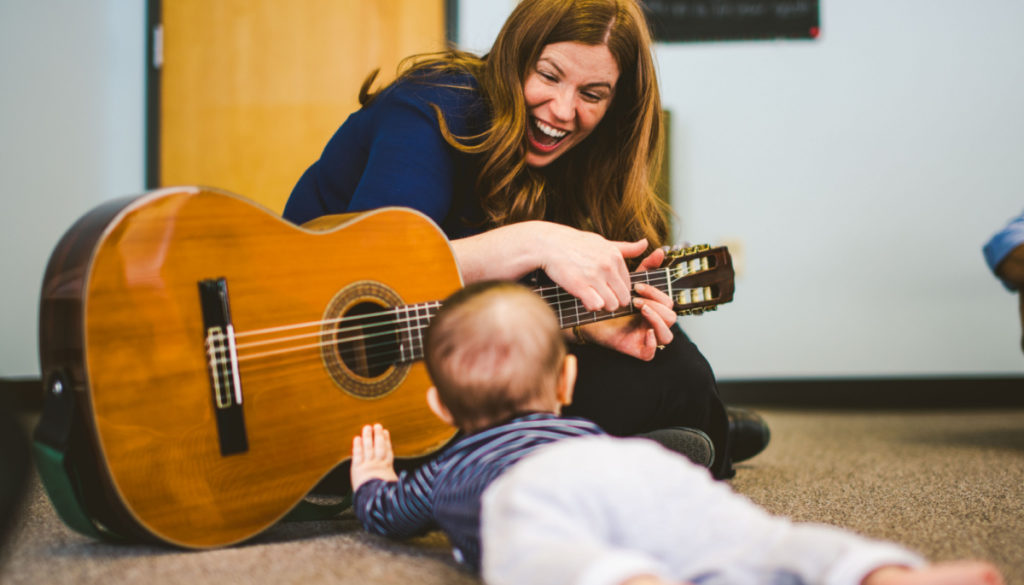
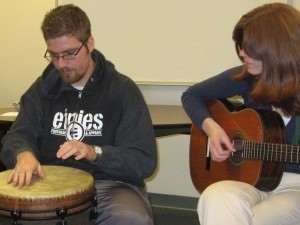 Meredith: In a typical individual music therapy session, the music therapist and client will engage in a variety of musical experiences including:
Meredith: In a typical individual music therapy session, the music therapist and client will engage in a variety of musical experiences including: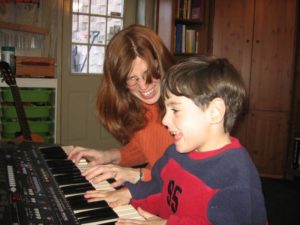 Meredith: One on One music therapy sessions are a great way to target and increase skills in the following areas:
Meredith: One on One music therapy sessions are a great way to target and increase skills in the following areas: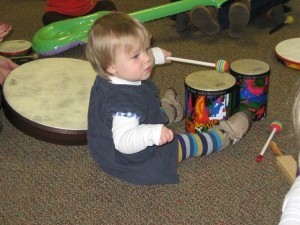 I said it again this month at the Melrose Public Library program during a music therapy session.
I said it again this month at the Melrose Public Library program during a music therapy session.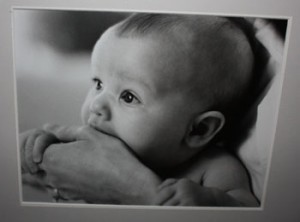 It took me years of experience and learning about early childhood development and music, but now I know that if I’m still getting that deer in the headlights look, I need to do the song again, and again, and again, until the young children who are participating in my music groups are no longer in panic mode. Once their facial expressions relax and they begin to look at me with the expression that says, “Oh, okay…tell me more,” then I know we are ready for more music making. I assure you, as adults we will tire of a song much more quickly than our babies will. But our babies are not bored!
It took me years of experience and learning about early childhood development and music, but now I know that if I’m still getting that deer in the headlights look, I need to do the song again, and again, and again, until the young children who are participating in my music groups are no longer in panic mode. Once their facial expressions relax and they begin to look at me with the expression that says, “Oh, okay…tell me more,” then I know we are ready for more music making. I assure you, as adults we will tire of a song much more quickly than our babies will. But our babies are not bored! Roman Music Therapy Services is announcing that we have teamed up with Papa Gino’s to offer a brand new option for Birthday Parties for children. Here’s a fun way to celebrate your child’s birthday in developmentally and age appropriate ways in which the kids and grown ups all have a blast!
Roman Music Therapy Services is announcing that we have teamed up with Papa Gino’s to offer a brand new option for Birthday Parties for children. Here’s a fun way to celebrate your child’s birthday in developmentally and age appropriate ways in which the kids and grown ups all have a blast!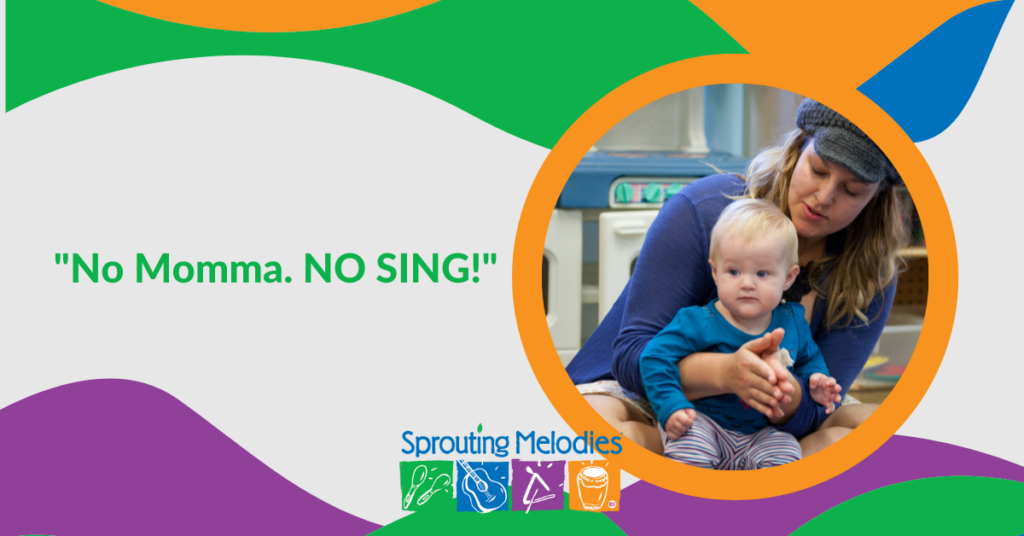
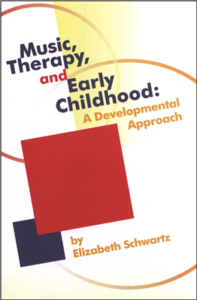
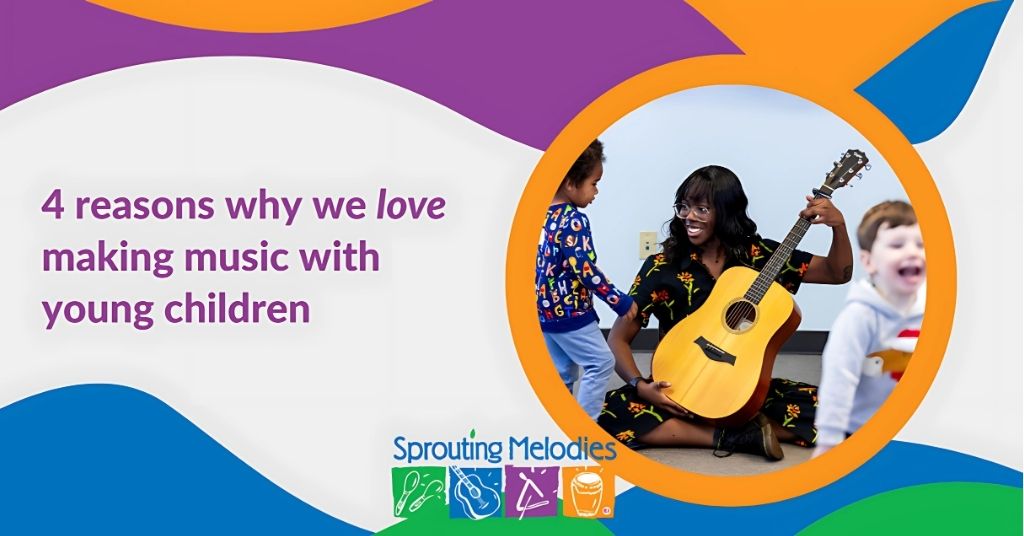
 There is nothing like sharing in the simplicity of music making with a child. As a newborn, music is a profound experience that causes the baby to stop and look around, waiting and watching. As children age, they become more and more aware of the environment and still attend to music as if it is a huge presence in the room. I learn a lot from their experience of music.
There is nothing like sharing in the simplicity of music making with a child. As a newborn, music is a profound experience that causes the baby to stop and look around, waiting and watching. As children age, they become more and more aware of the environment and still attend to music as if it is a huge presence in the room. I learn a lot from their experience of music.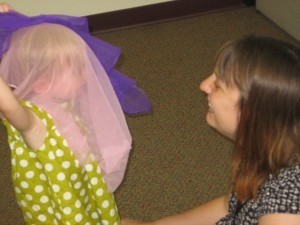 There is a closeness in making music with your child that goes beyond a song. It is our common understanding that songs and lullabies create intimate shared moments for babies and caregivers. With repetition, those shared musical moments create meaningful bonds.
There is a closeness in making music with your child that goes beyond a song. It is our common understanding that songs and lullabies create intimate shared moments for babies and caregivers. With repetition, those shared musical moments create meaningful bonds.